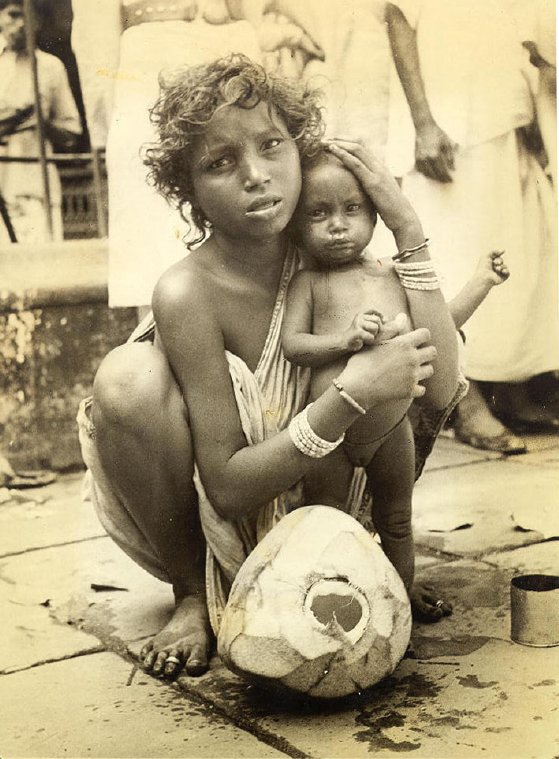Fistula: The Scourge of Child Brides
/Ayanna Nahmias, Editor-in-ChiefLast Modified: 22:40 PM EDT, 6 September 2011
 In many countries around the world, young girls are being forced into marriage by their families or society. These marriages are less about religious practices than the economic needs of the families into which these girls are born.
In many countries around the world, young girls are being forced into marriage by their families or society. These marriages are less about religious practices than the economic needs of the families into which these girls are born.
Across the continent of Africa, Middle East and Europe, marrying off young girls is a common practice and in the Amhara region of Ethiopia some girls are married as young as five years old. It is reported that close to half Amharan girls are married before their 15th birthday.
On November 2, 2010, Anna Nicholas reported in the Telegraph about a 10-year old Romanian girl who had given birth to a healthy baby in a hospital in Jerez de La Frontera in southwest Spain. According to a 2010 poll conducted by Unicef over 64 million women around the world between the ages of 20-24 were married before the age of 18, and in the next ten years over 100 million girls who are under the age of 18 will be married.
Among the many adverse consequences of underage girls being married are a lack of education as most are forced to leave school if they were lucky enough to have had the opportunity to attend, decreased autonomy and ability to make decisions for themselves and their children. Additionally, girls aged 15-19 are twice as likely to die in pregnancy or childbirth than women aged 20-24, according to the United Nations.
According to the Mayo Clinic, rectovaginal fistula are a form of injury caused during childbirth. This type of injury include tears in the perineum that extend to the bowel and anal sphincter, the rings of muscle at the end of the rectum that helps hold in stool. Complete pelvic bone development occurs around 21, so when girls whose hips are too small for the baby's head to pass through, it presses down on her pelvic bone, cutting off blood supply and causing the tissue to die. The resulting hole causes urinal or fecal incontinence.
Fistula affects 2 million women around the world, mostly in Africa, according to the World Health Organization. In the West this embarrassing and unhealthy condition was virtually eradicated in the 19th century with the discovery of Caesarean sections. Although, this procedure also has its opponents and risks, the quality of life for women who for medical reasons cannot deliver vaginally is greatly improved.
For women suffering from fistulas, the uncontrolled leakage of feces and urine often results in abandonment by their husbands and the inability to find another protector because they are deemed unclean. A Kenyan woman was recently interviewed about the negative impact her fistula has had on her life.
She said "people would ask who is making that bad smell, coughing and covering their noses. So I was always isolating myself." Since she was too poor to buy sanitary pads, she stuffed her underwear with rags but the feces still leaked onto her clothes, forcing her to wash them several times a day. She often doused herself in perfume to hide the smell and endured painful attempts by a midwife who tried to suture the hole four times without success.
After years of suffering shame and isolation, she was fortunate enough to receive an operation at Kenyatta National Hospital's 15-day "fistula camp" which resulted in her complete recovery and the reclamation of her life.
[youtube=http://www.youtube.com/watch?v=Dyg_ENqvnpk&feature=related]
Follow Nahmias Cipher Report on Twitter Twitter: @nahmias_report Editor: @ayannanahmiasRelated articles
- Knowledge of Obstetric Fistula Prevention amongst Young Women in Urban and Rural Burkina Faso: A Cross-Sectional Study (plosone.org)
- SOUTH SUDAN: Women crowd hospital in Juba for obstetric fistula surgery (womennewsnetwork.net)
- Through the Eyes of Mariama Abdou (taylorshelton7blog.wordpress.com)
- Surgeons bring relief to South Sudan obstetric fistula sufferers (aluongmakuei.wordpress.com)













